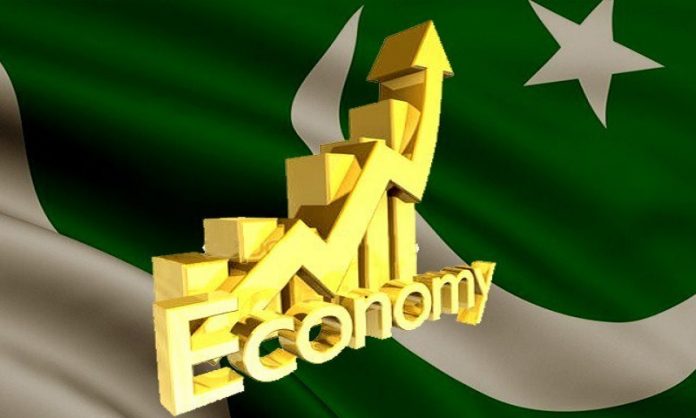KARACHI: The State Bank of Pakistan (SBP) in its annual report ‘The State of Pakistan’s Economy’, has painted a mixed picture of the country’s economy, saying the economy is showing signs of stabilisation, helped by IMF support, but that the gross domestic product (GDP) growth is likely to remain subdued.
The central bank kept its projection for GDP growth unchanged at 3-4% for FY20 and largely linked the growth with the pattern of development spending allocated at around Rs1.7 trillion under the head of Public Sector Development Programme (PSDP) for the current year.
“Development spending may play a pivotal role, since there has been an observed tendency that Pakistan’s GDP growth and PSDP (public sector development program) spending move in the same direction, and similar has been the case in FY19… the government has budgeted a greater outlay for PSDP during the year compared to the actual spending in FY19,” the SBP said. “Other triggers may include an improvement in market sentiments vis-à-vis the IMF (International Monetary Fund) program.”
The SBP said although real GDP growth is likely to remain subdued, “the early signs of recovery are already visible”. “Macroeconomic stabilisation will continue to be the cornerstone of economic policies during FY20,” the central bank said.
The SBP in its annual report, issued Monday, added a special chapter on “Factors Constraining Investments in Pakistan” with an objective to present a comprehensive diagnostic of the investment landscape of Pakistan and to identify the binding policy, legal and institutional constraints, which undermine the country’s ability to mobilize domestic and foreign investments to a level commensurate with its potential.
According to the SBP, being a nation of 210 million people, Pakistan could have attracted significant foreign investment given the abundance of cheap labor, lucrative investment policies and a strategic geographical position. According to SBP, only 286 companies of foreign origin are operating in Pakistan, vastly outnumbered by the 2,422 firms working in Turkey and 4,593 firms operating in India.
The bank also said that the rising share of the services sector, at the expense of industry and agriculture, needs to be addressed.
According to the report, the country largely produces non-tradable services which are consumed domestically. At the same time, industrial output, exports and FDI have faltered, it added.
“This pattern needs to be corrected in order to make trade deficit sustainable in the years to come. Putting in place a coherent industrial policy should be among the immediate priorities, while a gradual shift away from non-tradable services in favour of exportable services should also be pursued in the medium term,” said the SBP.
The SBP said that clear communication of tax measures is vital for their successful implementation and while it is encouraging to see that the government is in the process of implementing most of the needed reforms with regards to tax policy, it is equally important to emphasize that the government must also significantly enhance its communication efforts to clarify the motivations behind the measures taken, justify the mechanisms of the proposed.



































